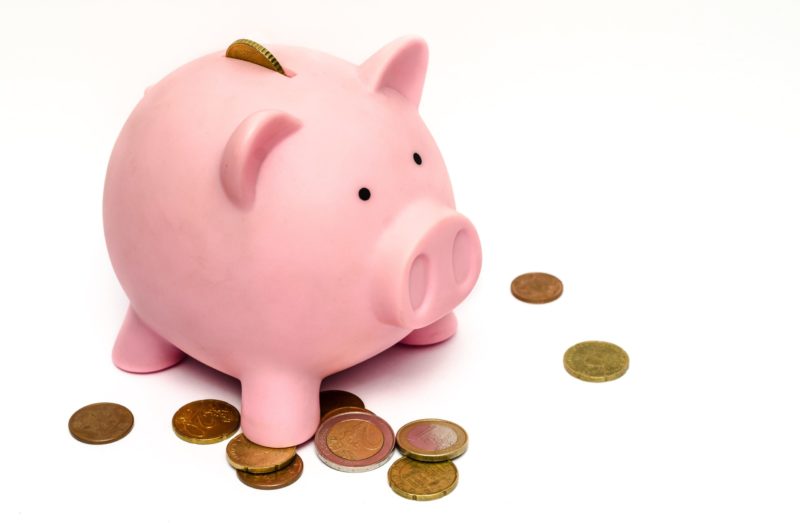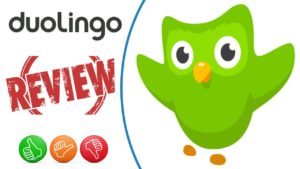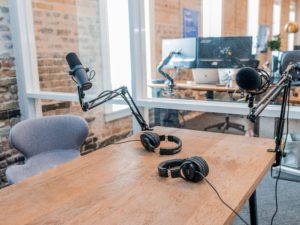Learning a foreign language takes time and effort. But it also costs money. Whether you’re being taught by a tutor or you’re teaching yourself, resources tend to come with a high price tag. This is why it’s important to get value out of your lessons. Bring the average cost of your language lessons down by evaluating how you learn a language.
There are many factors to how much studying a language will cost you. Which language you choose, how you study, and how long it takes you. Calculating the average cost of your language lessons will be easier by knowing where this money goes. Finding cheaper options for quality education is not impossible either.
How You Study Matters
There are infinite ways to learn a language. You can hire a tutor, buy a language book, or download an online course. Each of these usually comes with a cost. And trust me, if there’s a free option, it usually means the quality of your language lessons will be lacking at best.
You need to find a language learning method that works for you. If you enjoy the way you learn, and you get closer to your goal, it’s worth it. Paying for value means that you’re spending your money well. But you have to find a method that actually works. Otherwise, you’re wasting money. There’s also a big difference between learning and studying. If you know how to turn your learning method to your advantage, you can save some serious bucks.

The Average Cost of Language Lessons
When you’re taking language lessons from a tutor or in a classroom setting, you’re paying someone’s salary. You’re paying for their expertise. The motivation and guidance they provide is valuable when it comes to language learning. That’s why these tutored classes cost that much.
The price of these classes depends on the language and the expertise of your tutor. The more resources and relevance the target language has to your native language, the cheaper your classes can be. You can expect to pay at least $20/hour for Italian classes for example. Language books, listening CDs and dictionaries costs extra. All of these can add up to thousands of dollars to learn a language.
The difficulty of the language compared to your native language influences how much you need to spend to learn it. Some estimates say that the price tag for learning Mandarin could be as high as $80,000. That’s because an English native would take a longer time to master a tonal language.
How Long Does It Take to Learn a Language?
The amount of time you spend on learning a language influences the cost. The longer it takes for you to reach your goal, the more the average cost of language lessons goes up. It’s natural to ask how long it takes to learn a language.
The honest answer is, it depends. What language are you learning? Which resources are you using? What kind of learner are you? These factors influence the amount of time you’ll spend on learning a language. The Foreign Service Institute (FSI) lists language learning time according to its difficulty. The difficulty of a language depends on how closely related it is to your native tongue. For English native speakers, learning a language like French or Spanish would take roughly 600 hours, according to FSI. While Mandarin may take almost 4 times that much. Estimated at 2200 hours by FSI, Mandarin is one of the most expensive languages to learn.
But it’s important to emphasize that these are only estimates. The reality is, that every language learner is unique. And you can’t gauge your language proficiency based on how many words you know. Having specific language learning goals will help you achieve them faster.

Why Even Learn a Foreign Language?
If learning a language takes time and effort, and it costs this much, why would you even try to learn it? The truth is, the benefits of learning a language outweigh the costs. Bilingual employees earn more because they add more value to the company. Speaking several languages puts you at an advantage in job searches. And you have more opportunities for your career. There are also health benefits to speaking a foreign language. Bilingual people are more perceptive, have better memory, and a better fighting chance against Alzheimer’s.
Not to mention the spiritual benefits of being bilingual. By learning a new language you experience a different world view. Your brain will be reshaped to see reality in a different way. And you’ll also rediscover your native language. Becoming more aware and accepting of cultural differences. By studying a foreign language, you ought to reflect on how your own mother tongue functions. You’ll gain a deeper appreciation for all forms of communication.
A Cheap Way to Learn a Language Successfully
You shouldn’t have to spend a fortune on learning a new language. There are a lot of cheap or free resources you can use to enhance your foreign language skills. But not all of them offer quality language teaching.
At OptiLingo, we believe that new languages should be available to anyone willing to learn them. And you deserve to fit it around your own schedule. That’s why our app is built on a combination of the most effective language learning theories. Proven methods can get you to fluency faster than any other course or app. And we made this affordable to all.
From just $5 a month, you can start learning your target language effectively. That’s the price of a coffee. With only 20 minutes a day you can already gain the benefits of being bilingual. Start speaking and reach fluency faster than you ever thought possible.







